Alliance for Peacebuilding: M&E Solutions Forum and PeaceCon 2019
Kelsey Coolidge, program manager at the War Prevention Initiative, presented Developing a Monitoring and Evaluation Framework for Communicating Peace at the M&E Solutions Forum hosted by the Alliance for Peacebuilding in Washington, D.C.
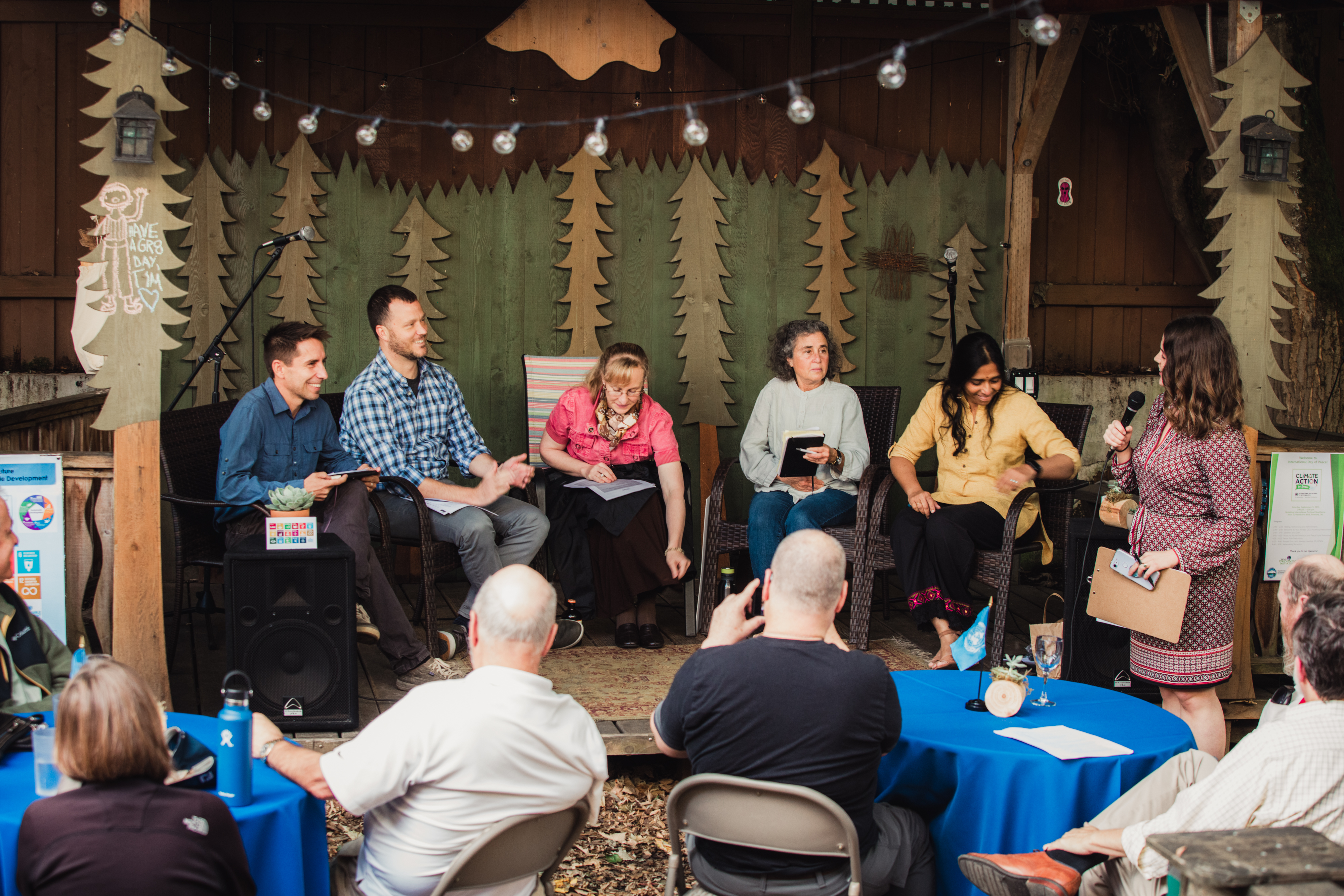
Climate Action for Peace: A World Peace Day Event with Portland-area Non-Profit Organizations
The War Prevention Initiative co-hosted a World Peace Day event on this year’s theme of Climate Action for Peace with numerous Portland-area non-profit organizations, including the Greater Portland Sustainability Education Network (GPSEN), the Hawthorne Hostel, and the United Nations Association of Portland.
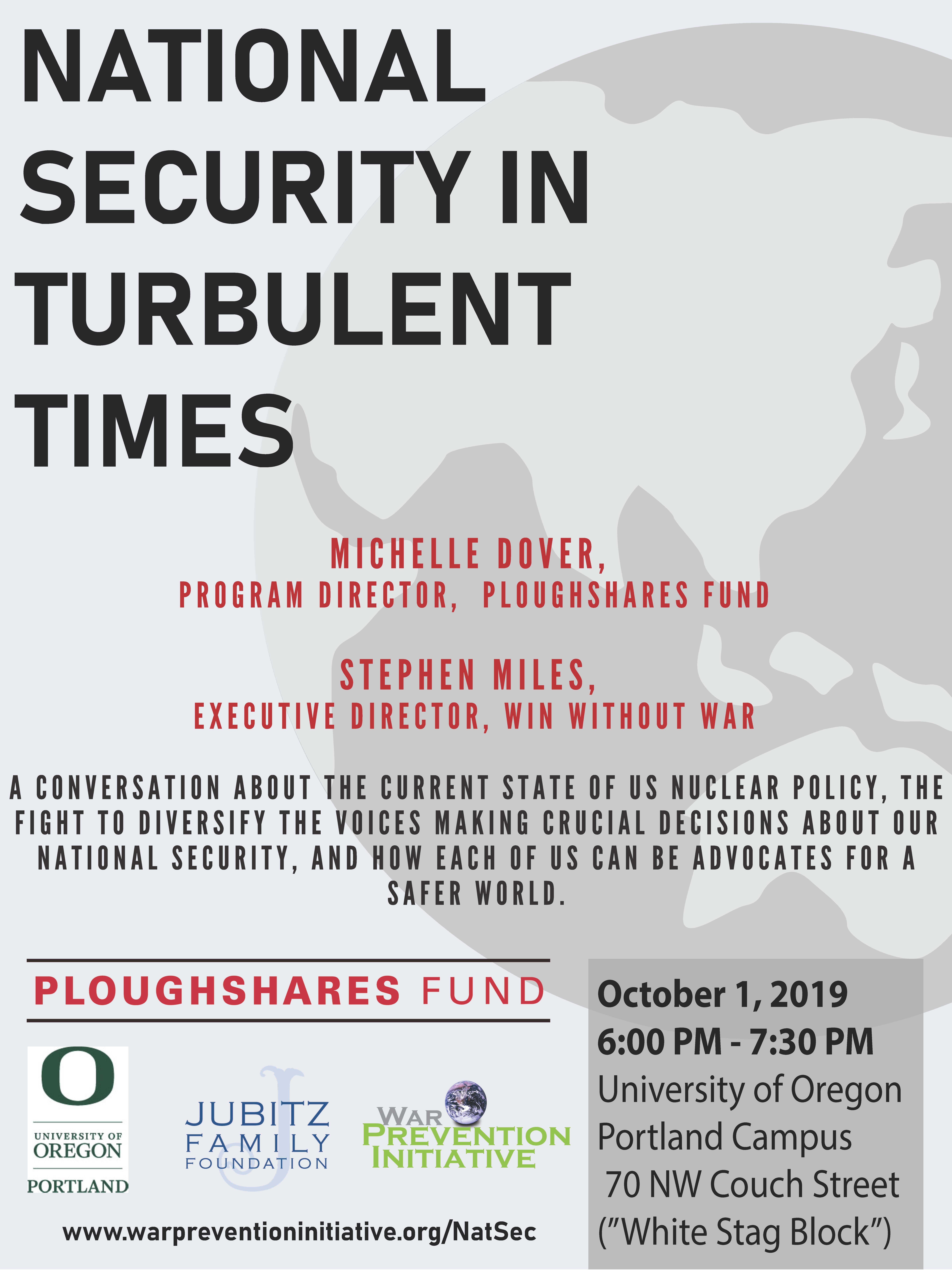
National Security in Turbulent Times
A conversation about the current state of US nuclear policy, the fight to diversify the voices making crucial decisions about our national security, and how each of us can be advocates for a safer world.
Refugee Resettlement as a Form of Transnational Peacebuilding
Liberian refugees in Canada reported being involved in peacebuilding in Liberia primarily through remittances, but smaller numbers reported involvement through the transfer of social capital and engagement in the Canadian political process.
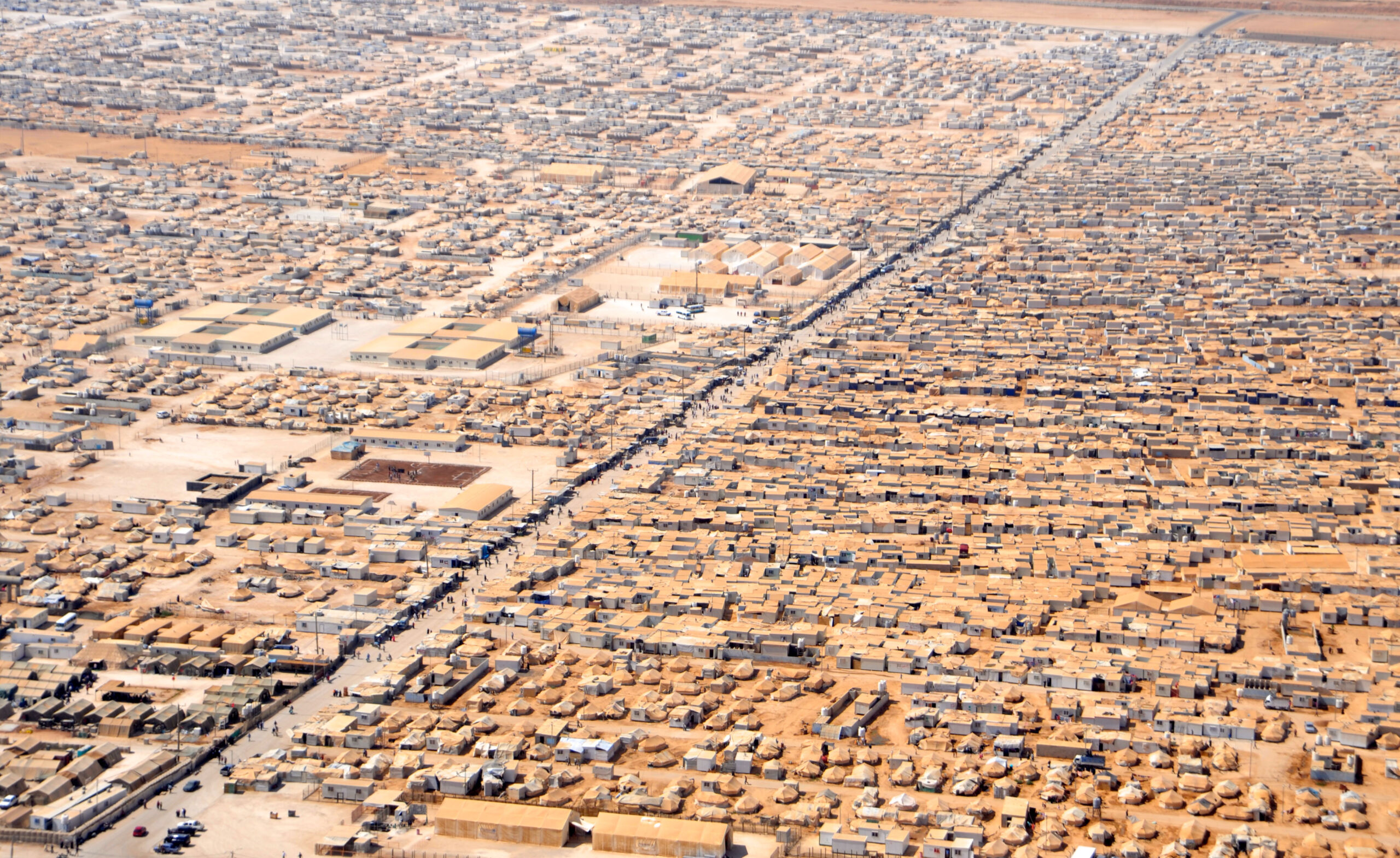
Challenges to Integrating Refugees into the Formal Economy in Jordan
The Jordan Compact is a work program for Syrian refugees created by the Government of Jordan and numerous international partners that frames refugees not just as “objects of humanitarian care” but as “unused human capital, which can be made productive.”
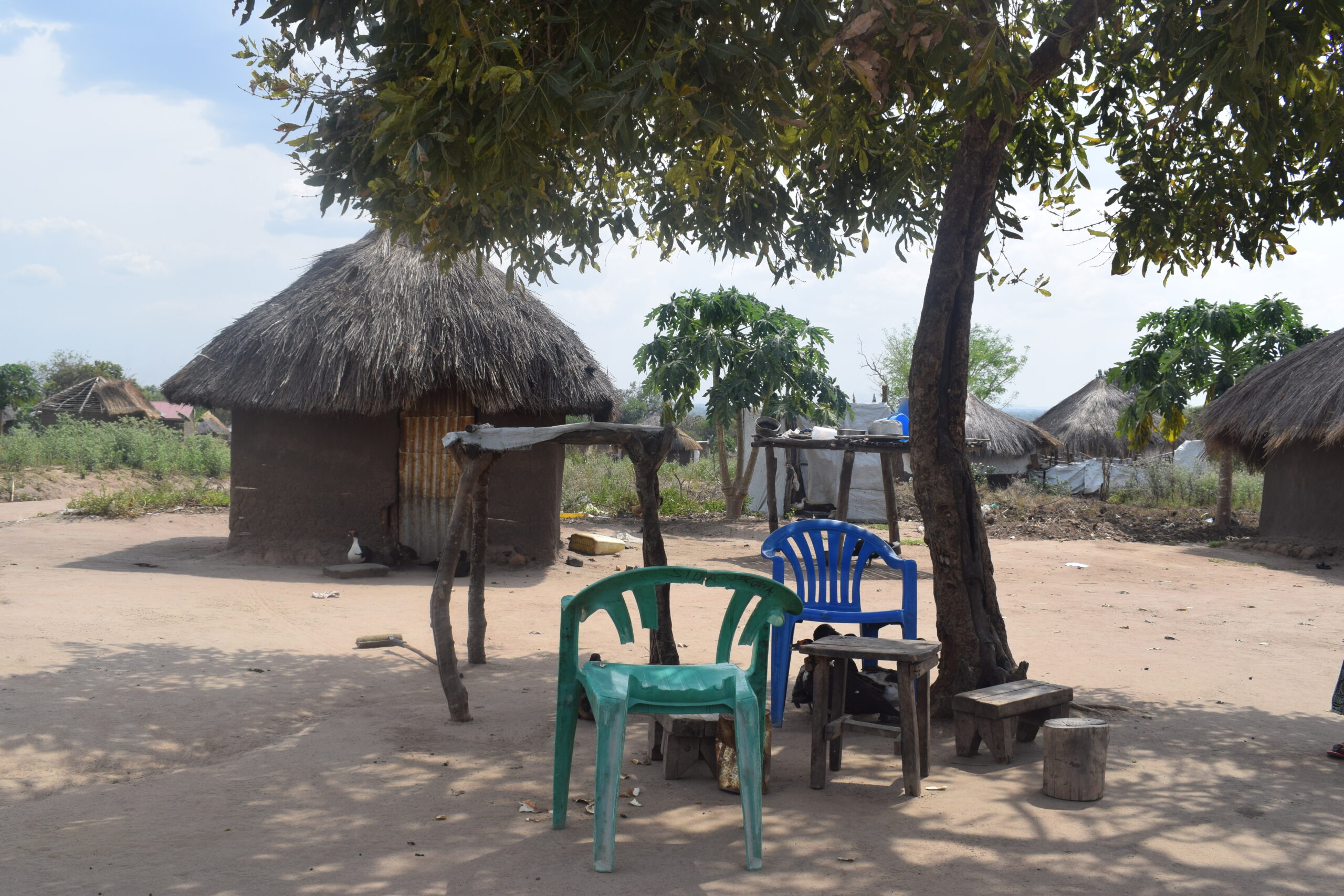
What Makes Some Refugees More Likely to be Approached for Armed Group Recruitment?
Refugees who exhibited a greater degree of relative economic deprivation, who knew someone who had been recruited into an armed group, or who had previous combat experience were more likely than others to be approached for recruitment into armed groups.
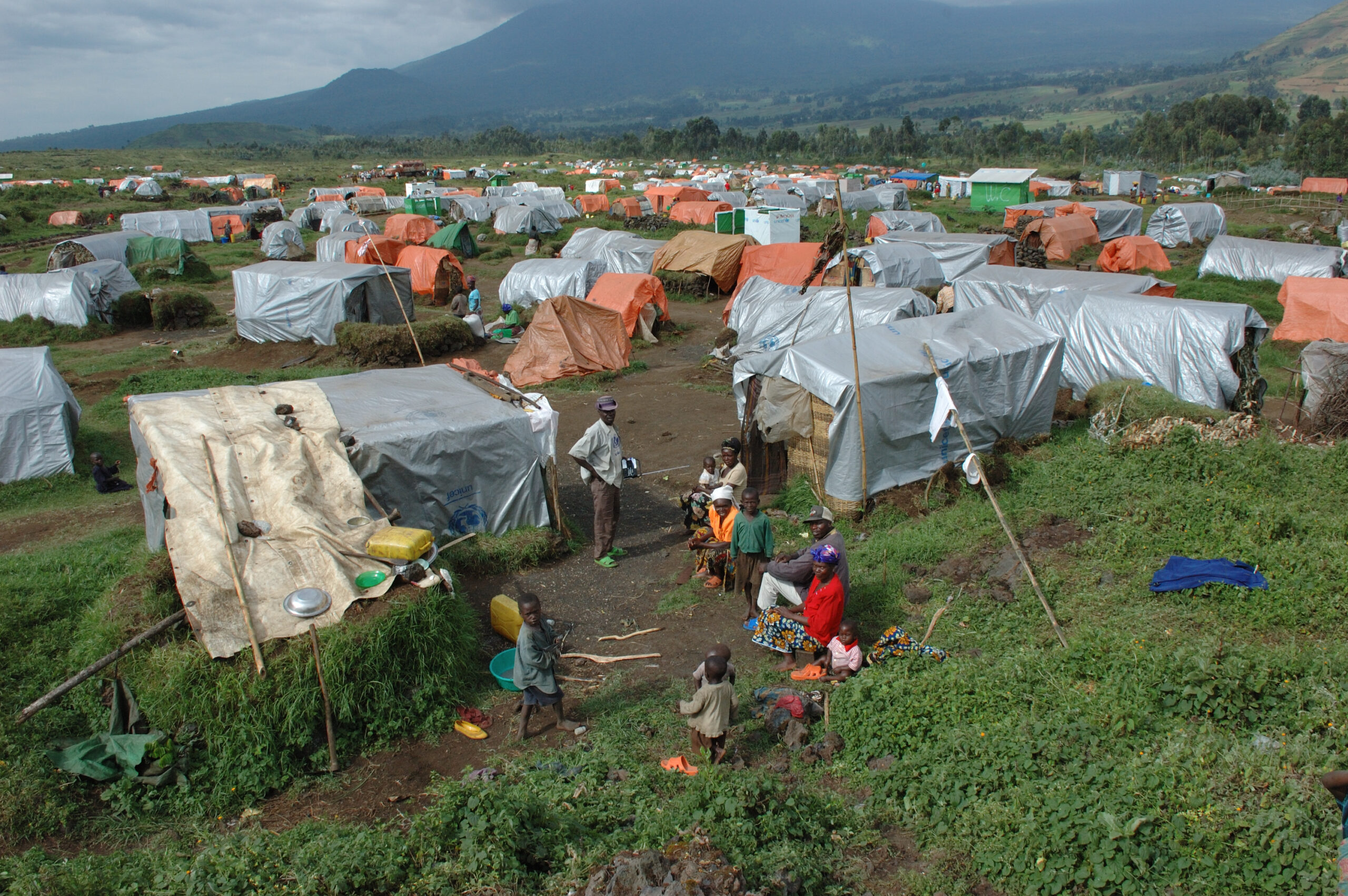
The Refugee Crisis and Seeing the World Through the Eyes of Others
Local people take perspectives on refugees by 1) imagining themselves as the foreign “other” or in the refugee situation or 2) making assumptions about the foreign “other” or the refugee situation.
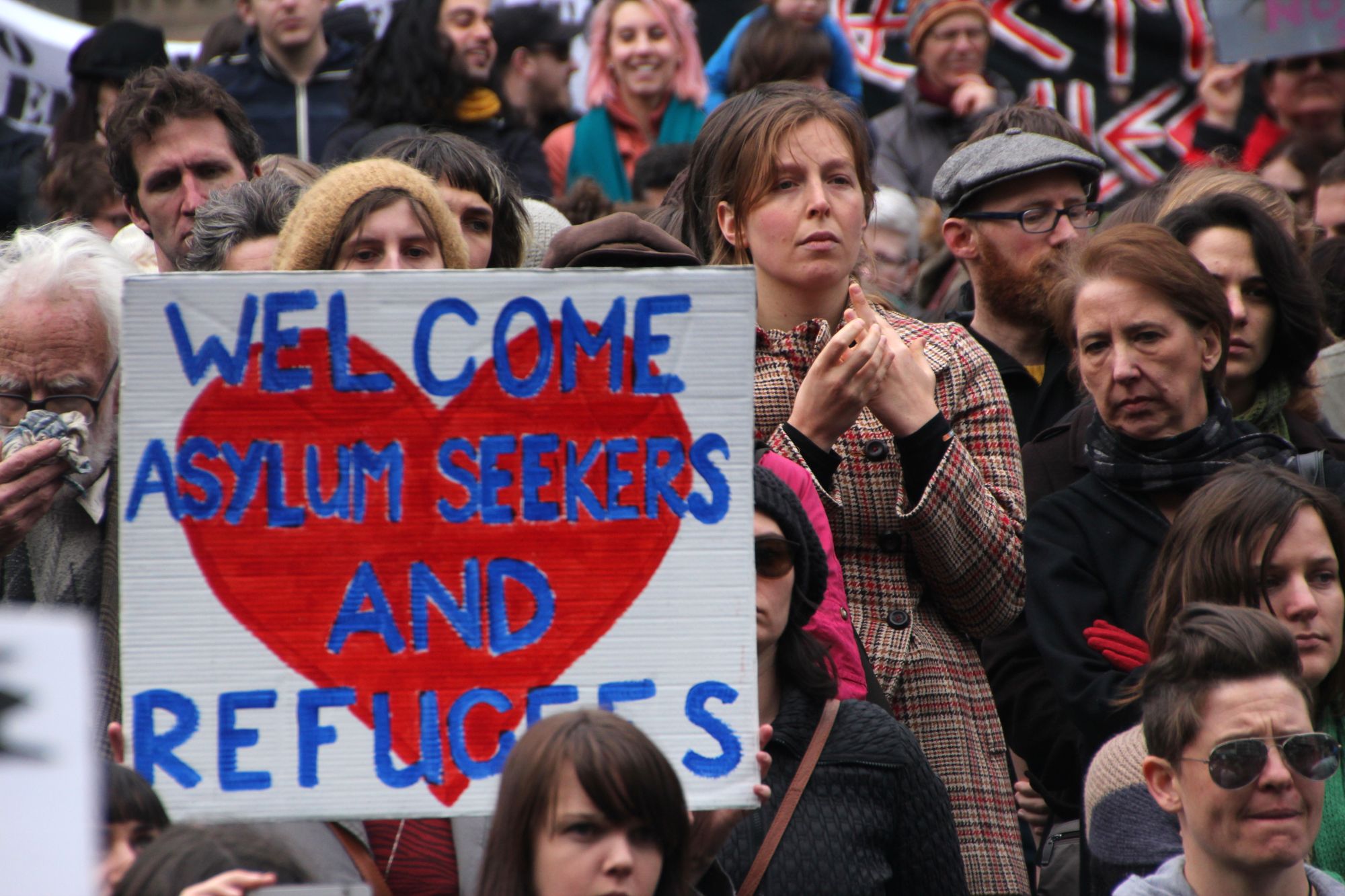
The Importance of Contact Between Refugees and Host Communities
Contact with refugees is associated with a 50% increase in one’s likelihood to strongly support the country’s hosting of refugees and a doubling of one’s likelihood to be willing to hire or to allow one’s children to marry refugees compared to someone who does not have such contact.
Blaming and Targeting Refugees in the Wake of Terrorist Attacks
Prevalent governmental violence against refugees is 47% more likely in the wake of a terrorist attack, and it is probable that this violence is a form of scapegoating against refugee communities rather than a direct means to greater security.
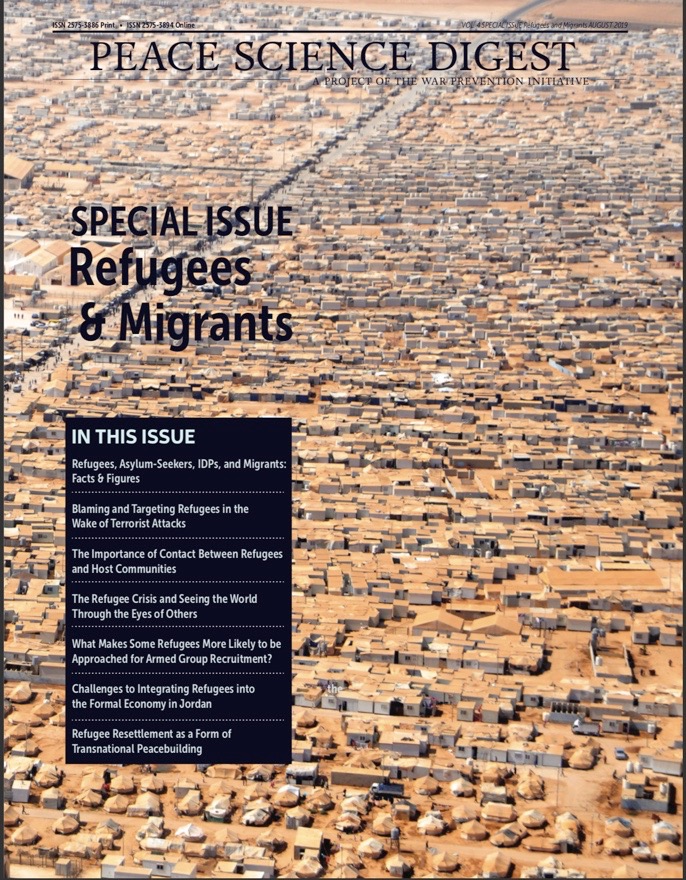
Special Issue: Refugees & Migrants
Considering the plight of migrants (258 million globally) and especially refugees (26 million globally) is impossible to do without also considering war and human security. On the most obvious level, one of the many enormous costs of war is the massive human displacement it causes as people try to protect themselves by leaving the war zone.
Fomenting Instability – Exploratory Case Study on the Role of AFRICOM in Niger
To add to the understanding of the role of U.S. bases and military actions abroad, we initiated a case study of Niger where we examine the role of the United States Africa Command (AFRICOM).
